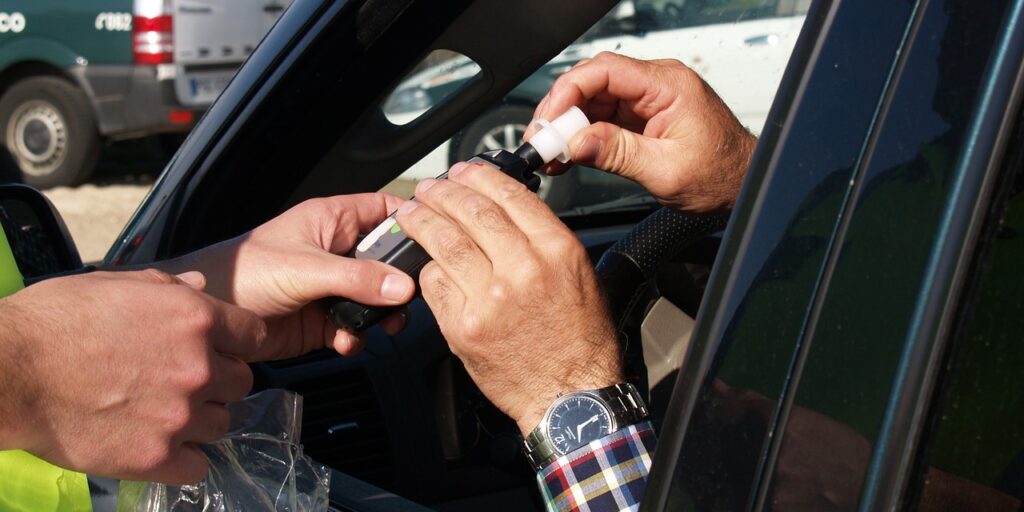- The difference between a divorce and an annulment - April 15, 2024
- Hidden costs to be aware of when buying a house - April 3, 2024
- The rules about legally transporting a firearm in Canada - April 1, 2024
By LegalMatters Staff • Anyone driving during the holiday season may find themselves waved over by a police officer at a checkstop. Police have broad discretionary powers to demand that any driver submit to a breath sample, even if they are not showing signs of impairment.
“At a checkstop, you are legally obliged to comply with a breath test demand. Failure to do so will result in a charge that carries the same penalties as if you are impaired, with fewer defences,” says Calgary criminal defence lawyer Vincent Semenuk.
“Even if you know that you will blow over, you are far better off blowing and getting a ‘fail’ reading than refusing to blow outright,” he says. “That is because the defences for refusal under the SafeRoads Alberta legislation are exceptionally limited compared to the defences available should you blow a ‘fail’ reading.”
Semenuk says that being pulled over can be a stressful and intimidating experience. He advises people to remain calm and produce their licence, insurance and registration information when requested.
“At a checkstop you do not have the right to speak with a lawyer before providing a roadside breath sample,” Semenuk explains. “However, if you are arrested, the officer is supposed to inform you of your legal right to speak with counsel and you are to be provided a reasonable opportunity to do so.”
He urges anyone arrested for an impaired driving offence to contact a criminal lawyer.
“Alcohol-related driving offences are one the most heavily litigated areas of criminal law – but also one of the most defensible,” Semenuk says. “This is due to the often technical and precise nature of the law and instrumentation involved.”

